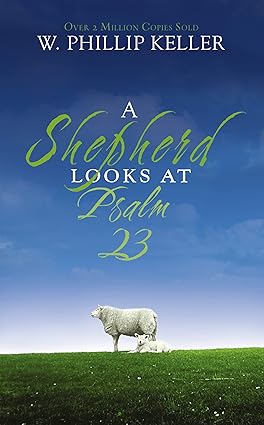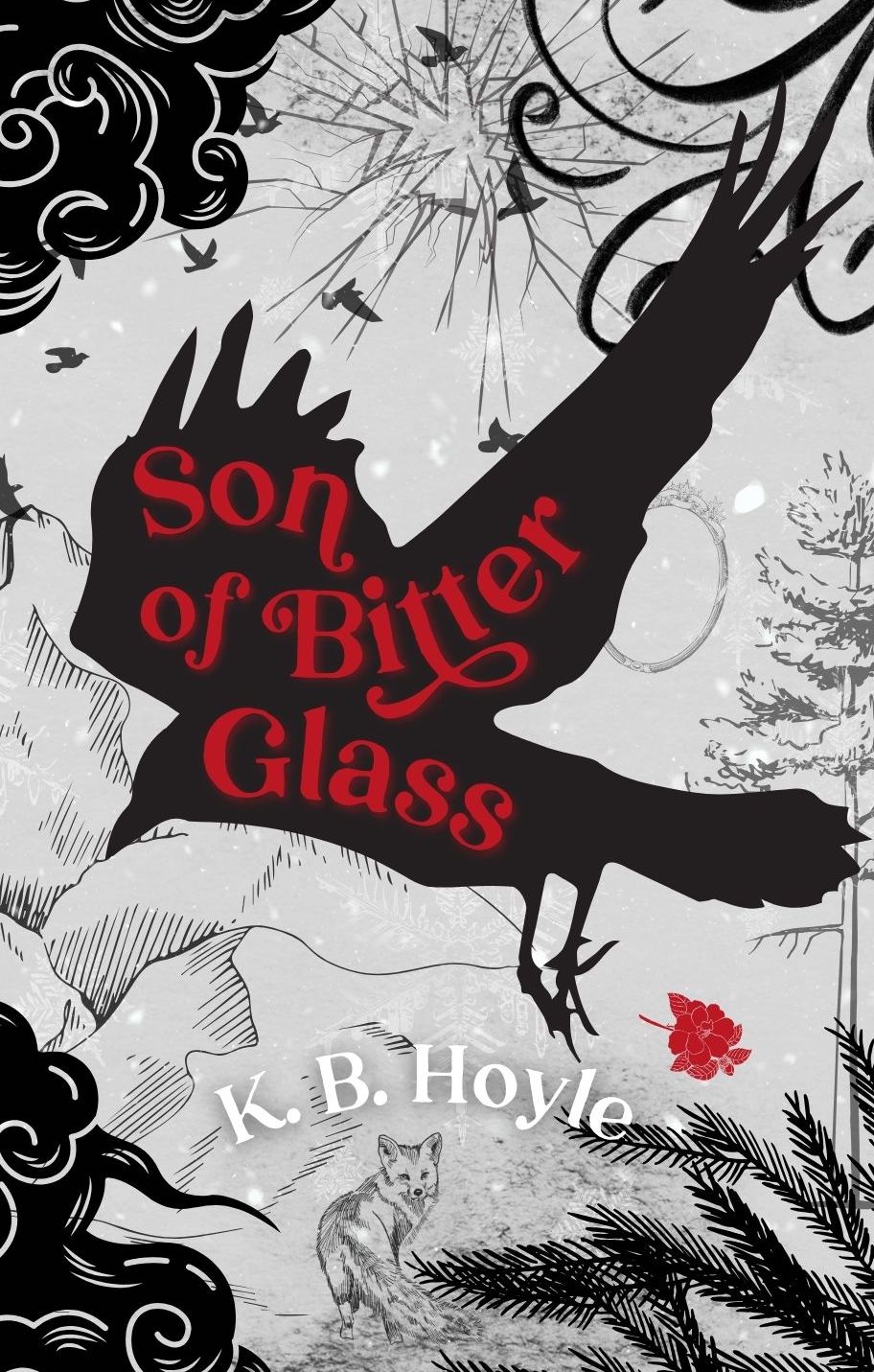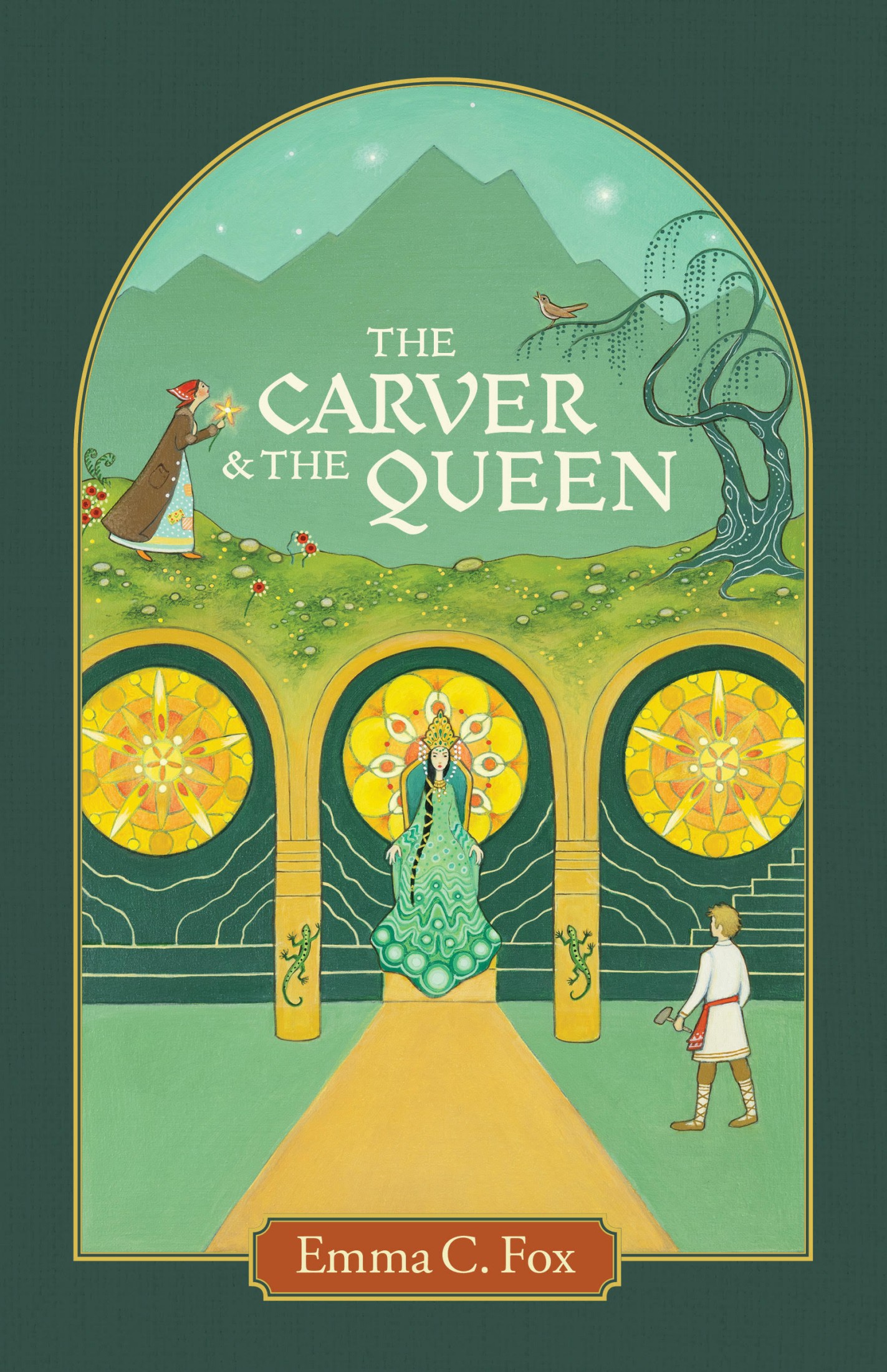As my reviewing network has expanded, I have taken on more books that are outside my typical fare and genres. It hasn’t all been bad – I’ve found some interesting books I would have not otherwise picked up. But I’ve also endured some disappointing (and entirely too long) novels.
However, I have reviewed Indrajit Garai once before and was surprised by the quality of his work, though I don’t necessarily recommend his book to all audiences because of mature (though cleanly dealt with) content. See my previous review for his book The Man Without Shelter HERE.
I was again approached with a copy of another of Garai’s books and asked to review it. The Bridge of Little Jeremy maintains a similar style to The Man Without Shelter. The content differs widely however, and we get a much longer treatise on the beauty of life, love, and sacrifice this time around.
Life is art.
I believe the most common quote to be applied to such a story is “Art imitates life.” However, I think Oscar Wilde catches the truth better in his book The Decay of Lying when he says the following:
“Life imitates art far more than art imitates life . . . the self-conscious aim of life is to find expression, and art offers it certain beautiful forms through which it may release that energy.”
Little Jeremy, our pre-teen narrator, is an artist. Naturally, he looks at life through a philosophical lens, as artists of any kind generally filter and interpret experience through the lens of emotion and sentimentality. But Jeremy also has a “self-conscious aim of life”, something that he must express – he has a mother to care for. The practical need for money must at times trump the emotionalism that comes from his work as a young painter. But there is still a deep need for expression and the question is, will Jeremy find the balance between the practicality of life and the expression of his art?
Here we can subtly see the bridge that Little Jeremy must cross.
First, allow me to address the writing style before I begin my usual philosophizing spiel on the merits of the story itself. The translation to English is again noticeable here, but I will not fault the author. I would be better for me to learn French. However, there were some words translated that came across as vulgar, crude, and even overtly sexual. There was an instance or two that I did not believe that was the intention. I would comment that perhaps a better translator should be found, unless the intent was more sexualized. But if that is the case, then I would be disappointed. I lean towards faulty interpretation and translation because I enjoy this author and want to assume the best.
I would not recommend this book to younger audiences. Such frequent mentions of a next door “pervert” along with his activities (including public urination) definitely bothered me. Nothing was truly explicit, except for the potentially erroneous and fatal translation as mentioned previously. Though he proves pivotal, his character could have played a smaller part and remained successful in terms of carrying out the plot. Though I wonder again if the translation perhaps affected this character’s moniker? Nevertheless, he creates discomfort both for the characters and the audience that does drive the story, and Jeremy’s dilemma, forward.
Speaking of plot: what a fascinating and unusual arc, but what a heart-wrenching and fulfilling ending. Though the writing itself is not always compelling, the story captured my attention and held it. Garai is a master of subtleties. If you want to be challenged to think, then you need to read his work. Though there was much more dialogue included in this novel than The Man Without Shelter, there was still a heavy emphasis on narrative writing. Garai has an unusual style, but he has again crafted a marvelous perspective that puts the reader inside Jeremy’s mind. We can’t help but become Jeremy ourselves as we read, indeed, I found myself working through each twist and turn wondering what on earth Jeremy and I would do next!
Much like Jane Eyre, this novel surprised me when it developed into a mystery. It can be tempting to apply that genre to this book as a whole, but we would miss Garai’s brilliant development of Jeremy’s character and mission if we were to do so. If we clear away all the extra story telling (which is brilliant from both a marketing and storyline standpoint), the point is actually quite simple: Jeremy wants to protect and care for his mother. In an age of young men who have been feminized, trampled, and thrown into utter confusion, I found an entirely noble young man in this novel.
Now, that’s not to say that twelve year old Jeremy has everything figured out. He lies and goes behind his mother’s back. His purpose is admirable, though at times his means are not. Still, I see few young men in our day and age that value their family and particularly their mother in such fashion. As Believers, we are called to obey our parents when we are children, and respect them when we are adults (see Ephesians 6:1-4). Jeremy does not always obey, but he does seek to love and respect his mother.
To read or not to read?
To circle back to where I started, the question we ask as we begin to read this novel is, “Does Jeremy find the bridge between where he is and where he wants to be?” Indeed, Jeremy crosses the bridge. He finds the balance of life and art, he finds answers to his questions, he finds the means of expression his soul longs for. Though, how he finds the bridge and how he manages to cross is entirely shocking and moving. I can say no more without ruining the climax, but suffice it to say that this was a wild but satisfying ride of a book.
Would I recommend this book? Yes and no. For Believers, there is enough questionable content that it’s not a must read. Would this book cause you to sin? Not likely, but there are more wholesome novels to pick up in your spare time. I would not recommend it to audiences younger than high school, at least. For those with a love of deep literature and philosophical development of plots and characters, this is right up your alley.
There are a few hints (and some not so subtle hints) throughout that Jeremy might believe animals to be equal with humans. One minor subplot deals with the treatment of animals. Proverbs 12:10 says “Whoever is righteous has regard for the life of his beast, but the mercy of the wicked is cruel.” We are called to care for our animals in a way that displays our good and gracious God to the watching world. However, we are not called to elevate them to a standing that is equal with ours. Though I don’t relate to that portion of the book, I can’t say it hinders me from recommending it to others.
Indrajit Garai has a gift for weaving deeper meaning into interesting stories. His sentence structure may not captivate you, but his characters will.
Until next time, go read a good book!
**I was given a complimentary copy of The Bridge of Little Jeremy to read and give a fair review.**
![]()



